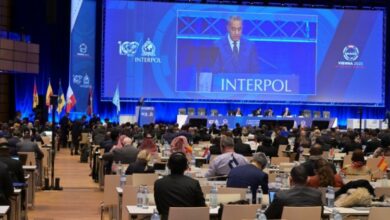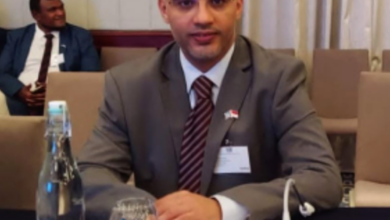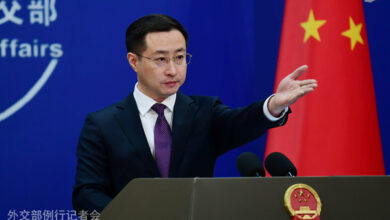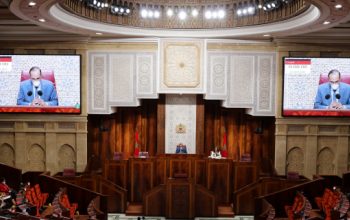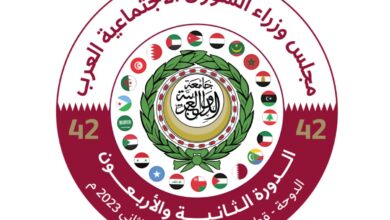For the third time: Japan’s stance on the Polisario strikes Algeria and its proxy… Strategic implications and a new diplomatic victory for Morocco
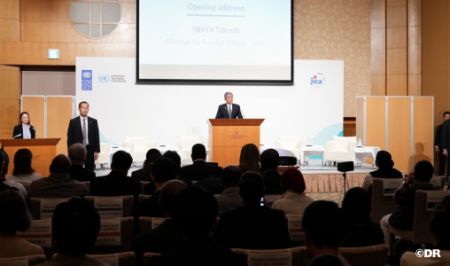
ALDAR/ Meryem Hafiani
What emerged from Japan during the “TICAD-9” Summit in Yokohama cannot be seen as a mere passing stance. It is a clear political message that reflects the depth of the shifts in the balance of international legitimacy regarding the Moroccan Sahara issue. For the third time in less than 48 hours, Tokyo reaffirmed before African ministers, officials, and international organizations its categorical rejection of any recognition of the separatist entity, delivering a strong blow to Algeria and the Polisario, who continue to gamble on infiltrating international forums to bestow legitimacy upon a project that lacks any real basis on the ground.
What distinguishes the Japanese position is not only the frankness of its words and the clarity of its language, but also the context in which it was expressed. The Tokyo International Conference on African Development was designed to strengthen innovation and economic and technological cooperation between Japan and the African continent, not to be exploited as an arena for political maneuvering. Hence, Japanese Foreign Minister Takeshi Iwaya’s insistence on publicly clarifying that the invitation was extended only “to countries maintaining diplomatic relations with Japan” reflects a firm determination to shut the door on any attempt at political exploitation of the summit.
This approach is consistent with the established principles of Japanese diplomacy, known for its strict adherence to international legitimacy. This gives the position even greater weight, especially as it has been reiterated for the third time in a very short span, thus invalidating all attempts at distortion or misinterpretation.
For Morocco, the Japanese stance represents indirect support for the Moroccan identity of the Sahara and confirms the isolation of the separatist thesis, as major economic powers now deal with reality rather than ideological slogans. From a geopolitical perspective, the strengthening of Moroccan-Japanese cooperation in the fields of innovation, infrastructure, and digital transition grants Rabat a strategic position as a key African partner for Tokyo, which in turn consolidates Morocco’s standing within the international system as a central actor in the development and stability of the continent.
As for Algeria, it once again finds itself in a position of diplomatic exposure, as neither its rhetoric nor its support for the separatists can persuade influential international partners such as Japan. These stances reveal that the bet on imposing the Polisario on the international stage is shrinking day by day, while Morocco’s autonomy initiative is increasingly emerging as the only realistic option on the table.
What happened at “TICAD-9” is therefore not merely a protocol incident, but a milestone confirming that Moroccan diplomacy, rooted in legitimacy and international law, continues to secure victories against a separatist project that has lost all elements of sustainability. The Japanese position is simply another link in the chain of international stances that consolidate Morocco’s realism and expose the isolation of its adversaries.

